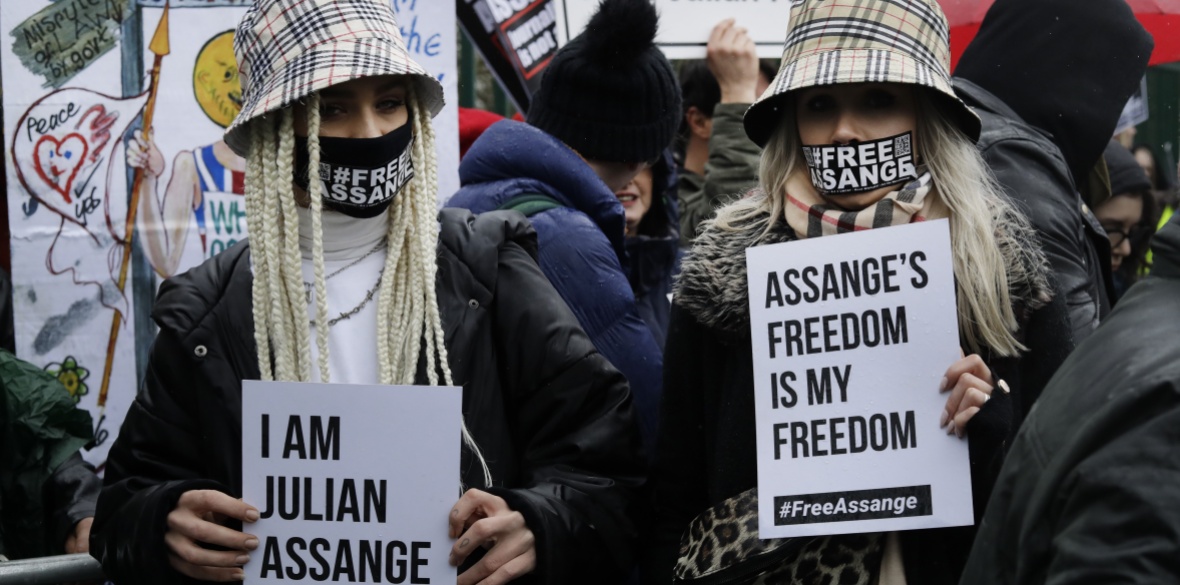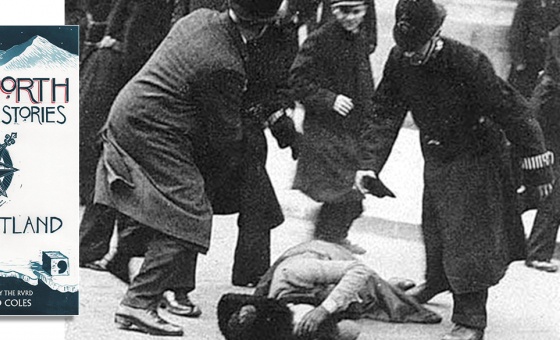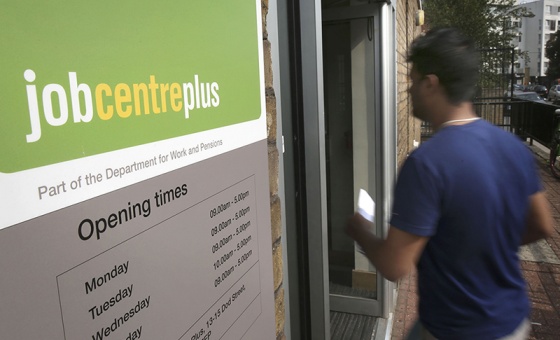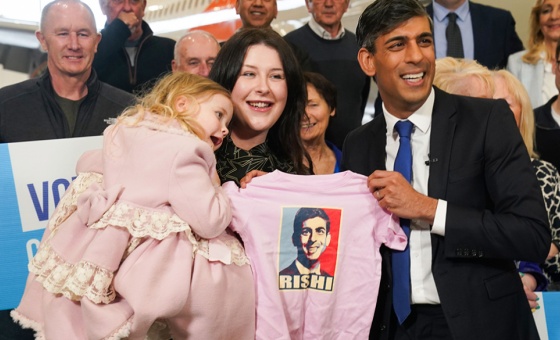This is the last article you can read this month
You can read more article this month
You can read more articles this month
Sorry your limit is up for this month
Reset on:
Please help support the Morning Star by subscribing here
“WE ARE in an Alice in Wonderland world,” Julian Assange’s legal team said today, if a treaty that gives rise to his extradition cannot be used to defend him.
Appearing for the Wikileaks founder at his extradition hearing at Woolwich Crown Court, Edward Fitzgerald QC was responding to a sustained argument that the terms of the treaty were irrelevant to the case.
The US/UK Extradition Treaty of 2003 is a short and apparently straightforward document.
Article 4.1 says: “Extradition shall not be granted if the offence for which extradition is requested is a political offence.”
Mr Fitzgerald had made a vigorous case that it was impossible to interpret the Wikileaks publications as anything other than deeply political acts.
“Exposing government wrongdoing and seeking to change policy are intimately entwined; these revelations not only sought to change US policy, they succeeded,” he told the hearing.
James Lewis QC, advocate for the US government, argued that the protection from extradition for those who commit “political offences” dates from a time when struggles to overthrow governments could be painted in “clear, vivid colours.”
He said: “Today such protection has been systematically removed from both domestic laws and treaties. It was necessary for a court to enforce applications made under the treaty, but a court could not ‘derive rights’ from such treaty if they exceed rights defined in domestic law.”
Mr Lewis further argued that even if this were not the case, Mr Assange’s alleged offences did not meet any reasonable definition of “political acts.”
“One cannot say that there is a struggle in the United States between the government and other factions, so one cannot say that a political offence has been committed,” he told the hearing.
Mr Assange’s legal team made a formal application for their client to sit among the lawyers — a solution they described as “normal practice for vulnerable defendants.”
Judge Vanessa Baraitser turned down the application on the grounds that the solution was unnecessary.
The hearing was adjourned until May.












